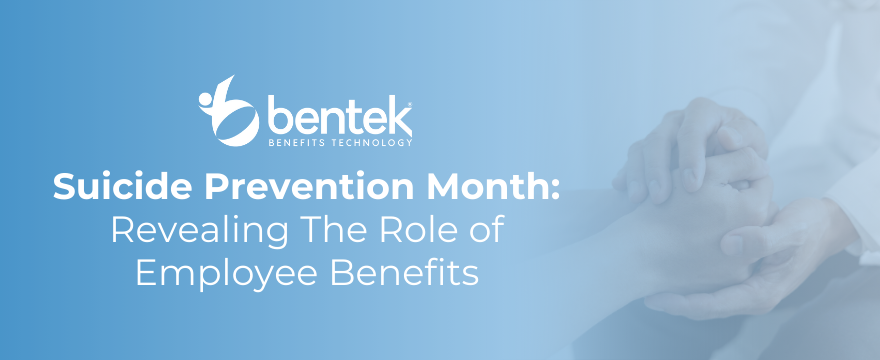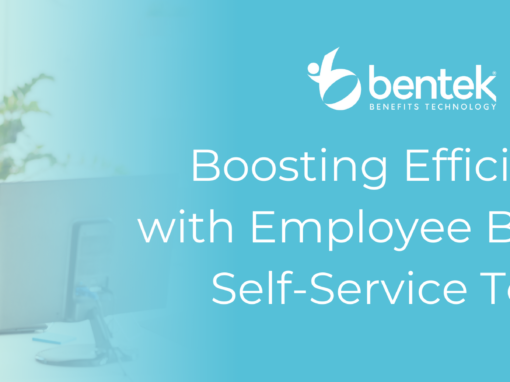Did you know that the workplace can be a pivotal battleground in the fight for suicide prevention? With increasing awareness around mental health, the critical role of employers in this space has never been more apparent. September is Suicide Prevention Month, which serves as a crucial time to reflect on how we, as a society and especially within our work environments, can better support individuals struggling with suicidal thoughts and behaviors.
Recognizing Suicide Prevention Month is about more than just acknowledging the existence of a problem; it’s about actively participating in a solution. This month serves as a poignant reminder of the ongoing battle against suicide and the importance of mental health awareness. It’s a time dedicated to shedding light on the issues, encouraging open conversations, and providing support to those in need.
By addressing these key areas, employers can make a meaningful difference in the lives of their employees, contributing to a healthier, more supportive work environment.
The Significance of Employee Assistance Programs (EAPs)
At the forefront of suicide prevention within the workplace is the Employee Assistance Program (EAP). EAPs offer a confidential route to counseling services, crisis intervention, and ongoing mental health support for employees. This program stands as a testament to the organization’s commitment to its workforce’s mental and emotional well-being.
Referencing the Health Advocate study, there’s compelling evidence to support the effectiveness of EAPs in suicide prevention. These programs provide immediate, accessible support to employees during crises, potentially saving lives by offering timely intervention.
Beyond crisis intervention, EAPs also encompass a range of services aimed at addressing the root causes of stress and mental health issues in the workplace, thus preventing situations that could escalate to suicidal thoughts or actions.
Benefits of Mental Health Days
Integrating mental health days into employee benefits packages addresses the preventative side of mental health care. These days allow employees to take the time they need without stigma, reducing the overall stress levels and mitigating the risk of suicide.
Offering mental health days leads to reduced absenteeism and improved productivity and morale among employees. This proactive approach not only supports the individual’s well-being but also enhances the collective environment, making it a healthier space for everyone.
Training and Awareness
Utilizing programs like the American Foundation for Suicide Prevention’s Talk Saves Lives or Mental Health First Aid, employers can educate their workforce on recognizing the warning signs of mental distress and suicidal thoughts. This knowledge empowers employees to support their colleagues effectively.
Training everyone from management to entry-level employees ensures a widespread understanding of mental health challenges and the importance of intervention, which can fundamentally alter the workplace’s approach to mental well-being.
Cultivating a Caring Workplace Culture
Drawing on strategies from SHRM, fostering a caring and inclusive workplace involves cultivating community well-being, addressing job strain, and increasing awareness about and access to mental health support.
By prioritizing mental health, organizations can transform their culture, making it one where employees feel valued, supported, and understood. This, in turn, can significantly decrease the prevalence of mental health issues and suicidal ideation among staff.
Supporting Employees Affected by Suicide
Offering bereavement leave, access to counseling, and resources for healing are critical steps in supporting employees affected by suicide. These measures ensure that the workplace serves as a source of comfort and support during difficult times.
Such initiatives underline the organization’s commitment to its employees’ mental health, contributing to a culture of empathy and understanding that is invaluable in times of loss and grief.
The Role of Comprehensive Health Insurance Benefits
Health insurance benefits that include comprehensive mental health services—covering therapy, psychiatric services, and medication—are indispensable in supporting employees’ mental health.
By providing coverage for essential mental health services, employers can ensure that their workforce has access to the care they need when they need it, which is a crucial step in preventing mental health crises and suicides.
The partnership between businesses and mental health organizations exemplifies the potential for collaborative efforts in addressing mental health issues and preventing suicide. It is imperative for employers to review and enhance their benefits packages with a keen focus on mental health services and suicide prevention strategies. This not only has a positive impact on employee well-being but also on the overall health of the organization, leading to reduced absenteeism, increased productivity, and a more inclusive, supportive workplace culture.
Want to learn more about what Bentek can do for you? Click Here!




